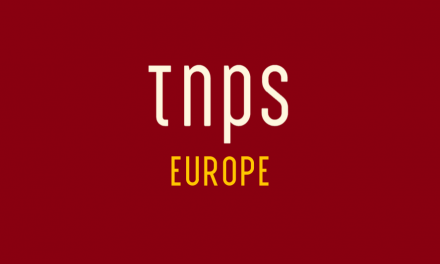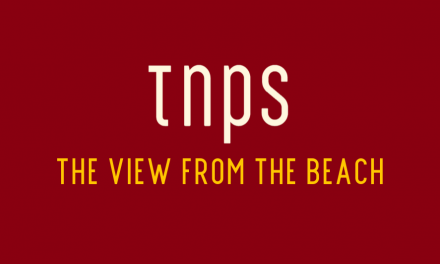One of the most exciting aspects of the Global New Renaissance now unfolding is how digital technology is allowing new art-forms to emerge that, far from destroying publishing, are energising and empowering the industry.
Virtual reality and augmented reality are good examples. Enhanced ebooks and interactive ebooks another.
Now comes interactive audiobooks. Interactive with Amazon Alexa and Google Home, that is.
And not your run of the mill “choose option A, B or C” interactivity we are used to seeing from early interactive print books.
This is “conversational radio,” says The Bookseller, reporting on a newly released BBC interactive audio drama called The Inspection Chamber,
which took its cues from computer games like The Stanley Parable and Papa Sangre and authors like Franz Kafka and Douglas Adams, has been in the pipeline since January.
As posted on the BBC R&D blog back in September, the BBC worked with Rosina Sound to produce “an original interactive audio drama pilot for voice devices,” with Amazon Alexa and Google Home the intended devices.

Alexa-enabled Silver Echo. Image: Amazon.
Producer Henry Cooke explained in September,
you’re actively playing a part in the story, using your own voice – we wanted to make it feel like you’re having a genuine, direct interaction with the other characters in the piece.
The Inspection Chamber is the first, but almost certainly not the last product to emerge from the BBC R&D’s Talking With Machines project.
But it’s not, as some sources are suggesting, the first interactive audio project for Alexa.
That honour belongs to The Magic Door, in interactice audio game, that was followed by Runescape.
But this is the first interactive audio drama, and as the BBC is also one of the world’s largest producers of original video, it begs the question how long before we see interactive television?
For writers, the possibility to explore new techniques in content development is an exciting one, and for publishers, quite apart from the obvious “book” spin-offs, comes the prospect of publishing their own interactive audio-visual titles that cross and combine media in ways hitherto simply not possible.
It also confers an advantage on mainstream publishers over indie authors, as these sort of projects are cash-rich to produce and need technical know-how and equipment most indies won’t have access to.
That’s not to say indies will be excluded – the door is open to those who can afford to put a team together to make these sort of projects happen.
But at that point we enter the gray area of “When is an indie not an indie – just how much do we have to do ourselves to call ourselves indies?”
This question looms large in the pending Author Earnings Report, where Data Guy intends to class JK Rowling as a self-published author because she is rich enough to own the company Pottermore that sells ebook versions of her mainstream-published Harry Potter print books.
But reasonably falling within the indie-produced classification are the latest series of interactive ebooks from Joe Konrath, which are of note both for being interactive and for not being exclusive with Amazon.
One thing’s for certain, as content suppliers we are at the beginning of a real-life interactive adventure quite unparalleled in human history, that is being written as we go, and not even the most speculative of science fiction writers can predict where it will end.





